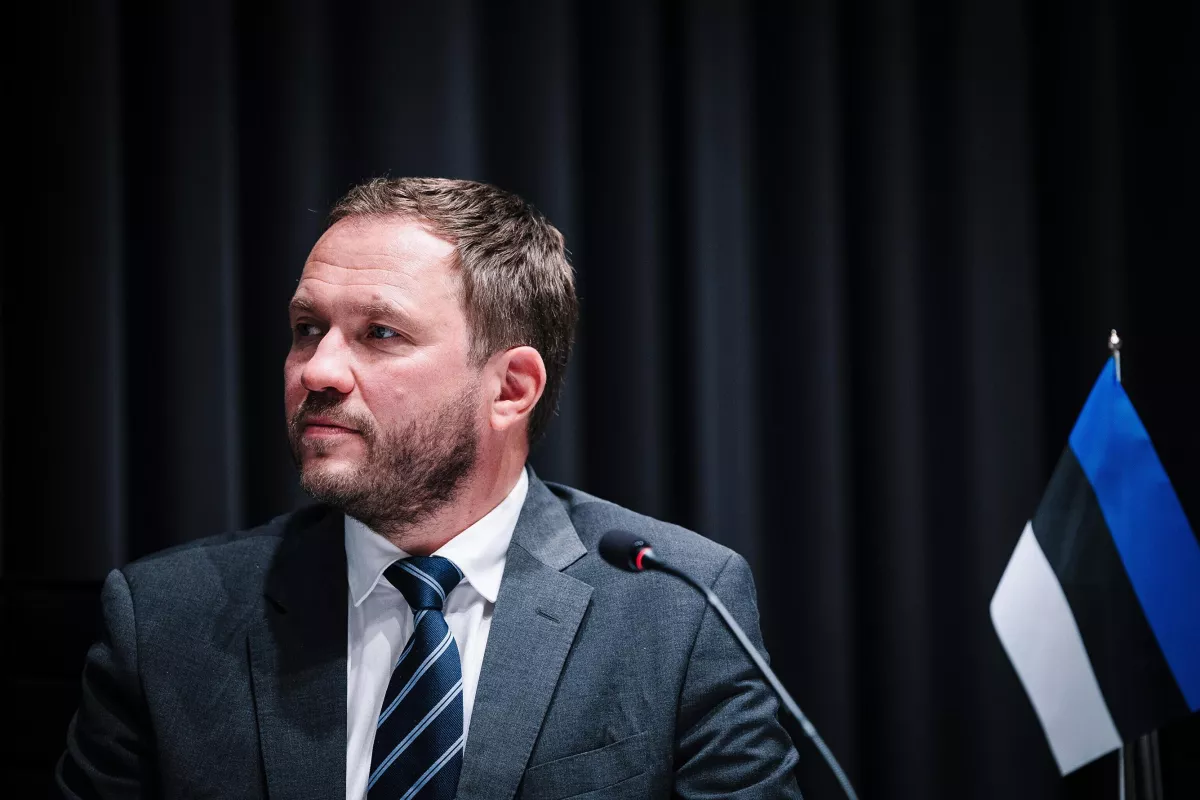Baltic nations strengthen defences as US alliance seemingly falters under Trump
The three Baltic states - Estonia, Latvia, and Lithuania - are small in geographic and population size compared to other nations in Europe. Should Russia decide to launch an offensive against them, as it did against Georgia in 2008 and Ukraine in 2014 and 2022, it could easily swallow these nations as a whole.
To deter this, they've armed themselves and strengthened alliances with Europe and the US. Following a visit to Estonia, a journalist from The Atlantic publication reflects on the shifting geopolitical mood in the Baltic states amid rising tensions between the West and their large neighbour.
The region has witnessed a surge in military preparedness and public awareness of potential conflict. Though small in size, these countries lie on the front lines of potential aggression from Moscow, and their recent history has made them acutely aware of the Russian threat. The journalist finds a complex mix of stoicism, preparedness, and hard-earned vindication among Baltic leaders and citizens, who have long warned of Russian ambitions. Baltic governments have encouraged citizens to stock emergency supplies and prepare evacuation plans.
The underlying sentiment, especially in Estonia, is one of grim realism: the threat from Russia is not hypothetical. Estonian Foreign Minister Margus Tsahkna stresses that Estonia and its neighbours have long accepted the need for self-reliance and robust defence strategies. Unlike much of Europe, the Baltics never fully bought into the idea that peace on the continent was permanent.

The article draws attention to the Estonian view that the West has finally caught up to their security mindset. This "I told you so" attitude, though tempered by the severity of the current war in Ukraine, underscores how seriously the Baltics have taken Russian rhetoric and military posturing for years. Tsahkna notes that Estonia has lived under the shadow of potential invasion since it regained independence in 1991. With Russia and Belarus on their borders and not being able to rely on a geographic buffer like Ukraine’s steppe, the Baltic states understand how quickly things could escalate.
Estonia’s military and cultural posture reflects this constant alertness. In Tallinn, the capital, reminders of the Soviet occupation are omnipresent—from public disdain for Soviet and Russian symbols to a state museum that equates Communism with Nazism and catalogues the repression Estonia endured under Soviet rule. While roughly a quarter of Estonia’s population is ethnically Russian, public sentiment has overwhelmingly rejected Moscow’s influence and is reflected in public life.
The author's visit occurred shortly after US President Donald Trump publicly accused Ukraine of starting the war with Russia during the infamous public quarrel with Ukraine's President Volodymyr Zelenskyy in the Oval Office — a claim that experts warn echoes Kremlin propaganda. While this alarmed officials in Kyiv and Washington, Baltic reactions were more measured. Tsahkna dismissed Trump's rhetoric as bluster, emphasizing that Estonia looks to actions rather than words. Despite Trump’s controversial statements, US military support has remained robust. American troops are stationed in all three Baltic countries, and NATO’s presence has expanded significantly since 2014. Tsahkna even credits Trump’s first administration with increasing troop deployments.
The journalist notes that despite Trump’s unpredictability, Baltic leaders remain focused on tangible realities—troop deployments, military budgets, and regional cooperation. The recent decline in Russian troop presence on Estonia’s border, as many have been killed or redeployed to Ukraine, has somewhat eased tensions. Still, the article highlights that no one is letting their guard down.
Another important shift is the renewed defence commitment by Western European countries. For instance, Germany has committed nearly $1 trillion to its military—a move previously unimaginable. NATO troops are now a visible presence in Baltic cities. British and German soldiers frequent local cafes and airports, symbolizing the deepened military cooperation. The article even mentions the UK's Prince William’s visit to British troops near the Russian border highlights the symbolic and strategic commitment of NATO allies.
Tsahkna expresses confidence in the resilience and preparedness of his country. Estonia and its Baltic neighbours have no illusions about Russian intentions and believe their alliance with NATO—supported by both words and actions—remains intact. As he puts it, the Baltic approach is practical, not emotional: “We don’t have the luxury to be sad and afraid.” The region’s long history of occupation and resistance has instilled a collective mentality of constant vigilance and pragmatic defence planning.
By Nazrin Sadigova








